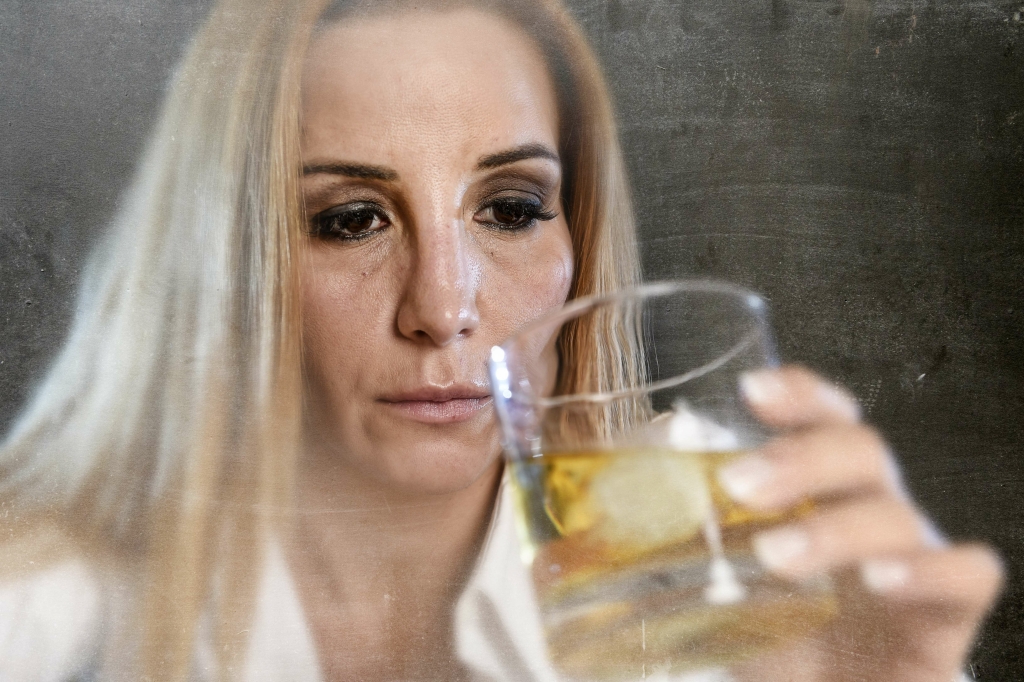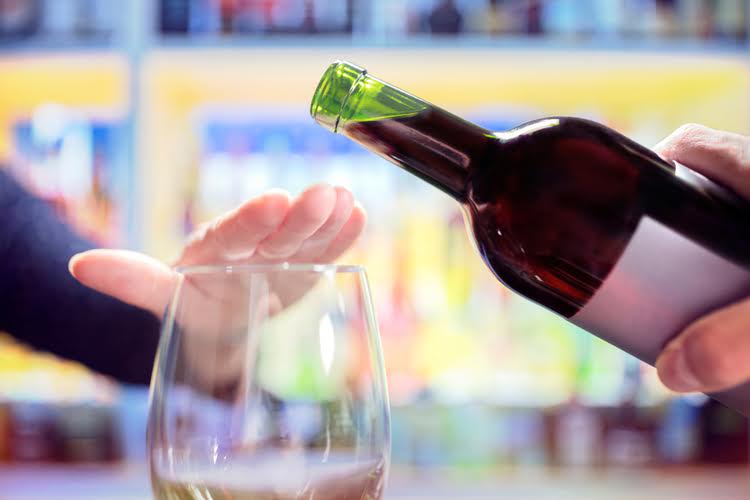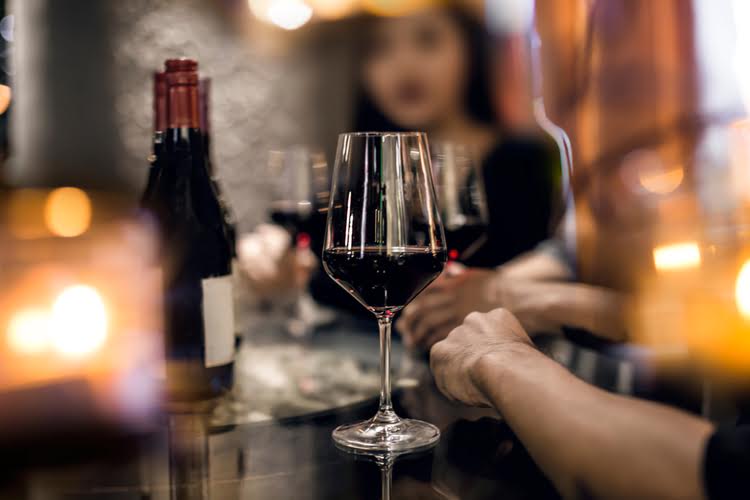Whether you are struggling with addiction, mental health or both, our expert team is here to guide you every step of the way. Don’t wait— reach out today to take the first step toward taking control of your life. When you’re heading to bed after a long day, a few drinks can feel like the perfect way to get some shuteye. But the truth is, alcohol’s alleged “sleep-enhancing” benefits may not be all they’re cracked up to be. Some people may resort to drinking alcohol as a sleep aid or agent that initiates sleep. Consuming two servings of alcohol per day for men and one serving for women can reduce sleep quality by 9.3%.
Remedy #1: Herbs For Sleep
Even with light drinking, consuming alcohol before bed can decrease sleep onset latency. Alcohol can significantly impact major depression and its relation to healthy sleep patterns. There’s likely a vicious cycle involving insomnia, leading to more drinking and worsening sleep quality. Although alcohol may help you fall asleep faster, it can negatively impact the overall quality of your sleep. Alcohol affects sleep architecture, and drinking before bed may cause sleep disruption. For example, many alcoholics in post-acute withdrawal have insufficient levels of excitatory neurotransmitters (like dopamine) during the day, which can make it harder to fall asleep at night.
- In a model reversing the order, where drinking predicts the onset of insomnia, symptoms of depression that aren’t shared with stress better explain the link.
- With over five years of experience in the field, she specializes in translating research into evidence-based, easy-to-understand content.
- In this population based setting, drinking high volumes of alcohol or drinking hazardously may contribute to the prevalence of sleep problems in older age.
Does alcohol cause insomnia or poor sleep?

Although some people find that alcohol can help them sleep better, it can lead to negative long-term consequences. Generally, you may only have one drink per hour, and it’s best to stop drinking four hours before bedtime. Knowing how much alcohol you can take can help you avoid having sleep problems after drinking. For example, heavy drinkers are likelier to report poor sleep than light drinkers. A normal sleep architecture or sleep cycle involves three stages of non-rapid eye movement (NREM) and one stage of rapid eye movement (REM). In short, phenibut is a powerful anti-anxiety supplement that helps with sleep and can also be used to ease mild to moderate symptoms of alcohol withdrawal at home.
Insomnia And Withdrawal
- If you have an AUD and a mental health problem, seeking help for both conditions is essential.
- Consuming certain substances, such as alcohol, can disrupt sleep schedules.
- After drinking, you might notice that you dream less, which is a typical indication of shortened REM sleep.
Our circadian rhythm is sometimes called our “biological clock”—the process that regulates the way our bodies function during each 24-hour daily cycle. Grand mean evoked potential waveforms for alcoholics (red lines) and control subjects(black lines) for the FP1, Fz, FCz and Cz electrode sites. The left panel(KC+) shows the result of averaging responses that included K-complexes.
A very high percentage of alcoholics experience insomnia during acute withdrawal as well as post-acute withdrawal, which occurs after detox and can last for up to a year. The average person’s occasional insomnia is a walk in the park compared to the twitching, spiraling negative thoughts, and intense night sweats alcohol withdrawal can cause. Alcohol can cause or aggravate a wide range of health issues, from liver diseases to heart problems. Once you expel it from your life, the body can invest energy once https://ecosoberhouse.com/ assigned to battling alcohol’s toxic effects into nurturing and rebuilding itself. After about a week, the symptoms start to calm down, and by the end of the first month, most people see significant improvement, if not complete disappearance, in insomnia. It’s estimated that by the end of 90 days, most people get past insomnia entirely, with rare cases of individuals experiencing it beyond this point.
Emerging data demonstrate that insomnia may co-exist with SSD and circadian abnormalities. Future studies should unravel these tentative associations in individuals who misuse alcohol. Despite the fact that regular alcohol consumption can lead to other health issues, studies have shown that around 10-28% of people use alcohol as an ‘over the counter’ sleep aid. That’s due to the myth that alcohol helps you fall asleep faster and helps you sleep through the night. Crucially, the researchers found, the effects of alcohol on sleep depended on dose—and how one might expect. In both flies and humans, a small amount of alcohol acts like a stimulant, increasing feelings of energy and activity levels, while higher levels slow down thinking and reaction time and can cause unconsciousness.
As a result, you may wake up during the night feeling thirsty or needing to use the bathroom more often. These disruptions affect the quality of your sleep, leaving you feeling tired and groggy in the morning. When it comes to winding down after a long day, many people turn to alcohol to help them relax and ease into sleep. Whether it’s a glass of wine, a beer, or a nightcap, alcohol is often seen as a sleep aid.
Recovery from alcohol use disorders opens the door to many positive changes, including the restoration of healthy, natural sleep patterns. While the journey through withdrawal insomnia can be challenging, it represents an important step toward overall health and wellness. When alcohol is in the system, it initially acts as a sedative, helping people fall asleep quickly. However, as the body metabolizes alcohol throughout the night, it creates a rebound effect that leads to frequent awakenings, lighter sleep, and reduced REM sleep. This explains why people often wake up feeling unrefreshed after drinking, even if they slept for many hours. In short, it’s mainly due to insomnia after quitting drinking your body rebalancing itself after stopping a substance.
Alcohol withdrawal symptom timeline
- The suprachiasmatic nucleus within the hypothalamus in the brain is the master clock that synchronizes a host of internal rhythms with the sleep-wake cycle being one of them.
- The alcohol level in blood is determined by gender, weight, number of drinks consumed over a unit of time, and rate of metabolism.
- These activities are then propagated to other brain regions via signaling systems.
- Data are presented from a baseline night, three drinking nights and the mean oftwo recovery nights.
In summary, alcohol misuse (heavy alcohol use and AUD) appears to be linked in a bi-directional fashion to sleep-related problems such as insomnia and circadian rhythm abnormalities. Furthermore, an evening chronotype and greater shifts in weekday-weekend sleep-wake schedules have been linked to alterations in the brain sensitivity to reward and possibly a change towards greater substance use behavior. The recommended treatment for insomnia disorder in the community, as well as those with AUD, is CBT-I. People with insomnia have an increased risk of developing alcohol use disorder, potentially because many individuals turn to alcohol as a sleep aid. Although experts can’t be certain that alcohol directly causes insomnia, numerous studies have found a link between this sleep disorder and alcohol consumption. You can start the process of confronting these issues and finding a path toward a life where you feel rested and in control of your actions.
Unmatched Addiction Care in Colorado.
Glutamate, the brain’s main excitatory neurotransmitter, is particularly affected. Alcohol suppresses glutamatergic signaling during intoxication, but as blood alcohol levels decline, the brain compensates by releasing excess glutamate. This surge contributes to nighttime awakenings and restlessness, especially in the latter half of Twelve-step program sleep. A study in Neuropsychopharmacology found that alcohol withdrawal during sleep led to heightened glutamate activity, correlating with fragmented sleep and increased autonomic arousal, including elevated heart rate and body temperature fluctuations. Chronic insomnia will interfere with all aspects of your life – you may become irritated with your partner and kids or fail to carry out an important task at your job – so do not neglect this condition no matter how much you drink in the future.


These disturbances contribute to grogginess and cognitive sluggishness the next day. While alcohol initially suppresses dopamine release, levels rebound as alcohol clears from the system. This increase in dopamine activity heightens alertness and contributes to early-morning awakenings despite prior sedation.